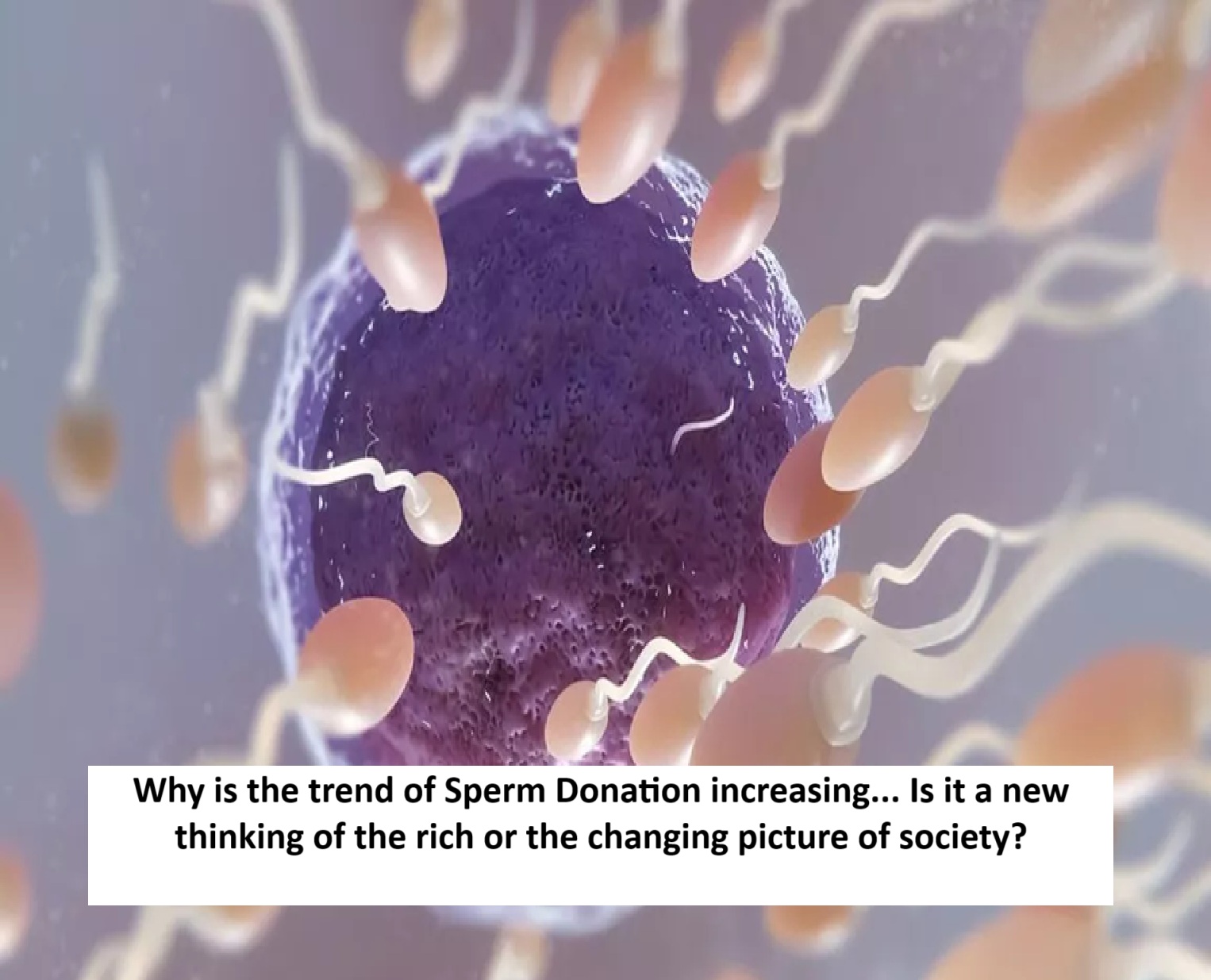
News Topical, Digital Desk : Today, on 11th July, World Population Day is being celebrated all over the world. The purpose of this day is to spread awareness about the issues related to the world's increasing population and their impact on society. On this occasion, it becomes important to discuss the topic of producing children through sperm donation.
This method has become quite popular in recent times, especially among billionaires. The biggest example of this is Telegram founder Pavel Durov. Durov himself has revealed that he has become the father of more than 100 children through sperm donation and wants to give all his wealth to those children.
When donors become billionaires
Pavel Durov, the owner of the Telegram app, has recently revealed that he has become the father of more than 100 children through sperm donation. He believes that doing so is his 'civic duty'. He started this work after seeing the fertility problem of one of his friends and has been continuing it since then considering it a social contribution.
Durov says he decided to spread his genes to the world because of a shortage of good donors. He has even said he wants to "open-source" his DNA so his children can meet each other.
Who can take the help of sperm donation?
- Infertile couples, especially when the male partner has a low or no sperm count and has tried IUI or IVF unsuccessfully.
- Single women who want to have a child through assisted reproductive technology (ART).
What is the reason behind this trend?
- Some see it as a way to leave a legacy.
- Some people get self-satisfaction by helping others.
- Sometimes there is financial support behind this, although it is not legal in India.
What are the ethical and legal aspects?
In India, the identity of the sperm donor is kept confidential under the Assisted Reproductive Technology (Regulation) Act, 2021. That is, the receiver couple cannot choose the donor themselves.
Usually people fear that the child will look completely different from the parents. But the reality is that the child gets 50% chromosomes from the mother, so it is possible to have a matching face. In some countries, children can know the identity of the donor after the age of 18, but in India it is kept completely confidential.
In India, sperm donation is done through licensed gamete banks or sperm banks, which are strictly regulated by the government. There are clear guidelines for who can donate sperm. Generally, healthy men aged 21 to 45 are eligible to donate, provided they meet specific medical and genetic criteria.
Although the donor's identity is not disclosed to the intended parents, they may ask for certain information such as race, height, color, or education. Also, all donors undergo a complete medical examination, including testing for genetic and infectious diseases, to ensure that the sperm is safe and healthy.
Doctors often come across cases of pregnancy through sperm donation. At our IVF centre, we get around 4 to 5 donor IUI cases every month. This shows how beneficial and acceptable this method is becoming for couples and individuals seeking children.
Sperm donation is a safe, safe and effective option for people who are having trouble conceiving a child. It should be treated with the same seriousness and sensitivity as other fertility treatments.
Is there any guarantee of health?
Let us tell you, no one can guarantee complete health , no matter how careful we are. Donors are always chosen who are healthy and do not have any hereditary disease, yet it cannot be completely guaranteed that there will be no problem in the future.
--Advertisement--

 Share
Share



